Throughout my teenage and adult life, I've struggled with depersonalisation and derealisation. Both are confusing and dissociative psychological states where I lose touch with who I am, or doubt the substance of the world around me.
I don't talk about this often. Honestly, it feels embarrassing to admit that sometimes I don't know who or where I am. In a period of dissociation, I retain a sense that something is wrong, but I sometimes wonder if that makes it harder to bear.
For hours and days, the ground disappears from beneath my feet. My heart sits at a distance. I barely breathe as my mind searches for an anchoring reality.
I'm not just lost. I've lost myself.
Losing myself
Depersonalisation and derealisation are necessarily isolating phenomena. But maybe we should talk about them more, since at least a quarter of us will experience dissociation at some point during our lives. Often, a few minutes or hours of disconnection from reality will pass, but these strange interruptions are soon forgotten as normal service is restored.
For some of us, however, the feelings can persist for days at a time, and recur with disturbing frequency. Trauma can trigger a pattern of detachment from ourselves which places the world at an ungraspable distance. Unexpected and unmanaged, our sudden standing aside from ourselves and the world can leave us shaken and ashamed.
Depersonalisation rarely troubles me these days. But I had two episodes of derealisation this week and, as always, they took me by surprise.
On the first occasion, I opened a news app and stared at headlines from a world I did not recognise as my own. It wasn't that the news was unpleasantly surprising; that's normal enough in 2025. My mind simply couldn't grasp that what I was seeing was real.
The second time, I was driving home after a long day, I suddenly felt that I didn't know where I was. I wasn't lost so much as in another world. All the familiar associations were stripped from the landscape. It was like blinking awake inside a dream, somewhere I sensed I didn't belong.
Both episodes pushed me sideways from the world I thought I knew. I was dislocated from reality. Panicked and disturbed, each time it took several hours to find my way back.
Grounding myself
Stress, anxiety and tiredness are often triggers for my dissociation. In the past, when I understood myself less well, I had episodes that would persist for weeks on end, and I struggled to cope. I feared for my sanity, and I was terrified to ask for help. In the aftermath, I did not know how to recover.
Simple things help me. I try to pace myself, and I'm learning to say no, so I don't become overwhelmed. I've got better at caring for myself too: not just the indulgences of hot baths, candles and comfort telly, but the real work of being kind to myself. Radical self-acceptance is better self-care than a thousand spa days.
My dissociation is not helped by my faulty episodic memory. Living with SDAM (severely deficient autobiographical memory) makes my personal history inaccessible in my imagination, so I rely on physical prompts to ground me. The tattoos on my forearms are a constant reminder that my body has persisted through time. My home is littered with meaningful objects that connect me to people and places. Photographs and journal entries are nudges to recall the fact of my continuing existence.
Sometimes, still, I am disturbed by my unrealness, especially on those days when my mind and senses betray me. But over time, I've become better able to see things for what they are, to take my confused thoughts less seriously, and to find my way back when I am lost.
Uncertain reality
Fronting up to the nature of reality has helped me gain some perspective on my trouble with staying grounded.
I find some strange comfort in the fluid uncertainty of physical space. The ground is not as solid as it seems. In geological time, everything moves beneath my feet as tectonic plates float over the earth’s mantle. Mountains grow and are worn away. Coastlines shift.
The pilgrim planet itself journeys through the empty universe, transporting me 50 million kilometres in every hour of my life. Standing still, I am in constant motion.
Even the uniform flow of time from past to future is an illusion of human perception. Slowed by gravity and fractured at the quantum scale, time leaps, loops and stutters, unmoored from a coordinating universal now.1
It seems that everything about reality is less solid and stable than it first appears.
In daily living, I might shield myself from the disorienting vastness of space or the foaming mysteries of quantum time. Yet in a constantly emerging universe, it's a relief to recognise that there are no definitive answers. Reality’s hesitant ambiguity is an invitation to co-create meaning.
Everything is provisional. Reality is what I make of it.
Grounded walking
If I leave my front door, I can trust that the pavement is reliably where my feet last left it. There is always change in the living world, but it comes and goes with a gentle rhythm that my mind can comprehend. The places I reach at the end of my journeys are always much the same as the last time I visited them.
In those moments when I lose myself, it is good to notice the steady sameness of the world. On days when the earth itself feels distant, I can bring myself back into contact through reorientation and reconnection. I can redraw my mental maps, and find my home within them.
And the physical act of walking is grounding, especially barefoot. Moving with slow meditative steps, I can feel the bones of each foot settle into new positions as I roll from heel to toe. The earth rises up to touch my soles, reassuring me of its constancy. My body responds by letting itself sink into the embrace of gravity. Mud makes memory.
Longer walks reconnect in a different way. Sweat on my back and my aching bunions remind me that my body is real. I feel my heart pound as my lungs billow. Rain and wind touch my warming skin. I may travel many miles, but the tingling of my exhausted legs keeps me present in every step.
Whether I move fast or slow, walking is an opportunity to turn my attention outwards. Engaging my senses can be a harsh discipline when the world is blurry and lifeless. But encountering the spirit of the more-than-human community reminds me there are heartbeats beyond my own.
I cannot know whether the tree ever doubts its roots and branches. Yet as we recognise each other's presence, its wholeness shepherds my fragmented being towards a new stability.
Find your feet
Dissociation is disorienting and emotionally isolating. But if you become ungrounded for any reason, know that you're not alone. On those days when you are adrift from yourself, the world offers an invitation to draw closer and be known.
Grounding yourself by walking can be as simple as summoning the willpower to pull on your shoes and go outside. But if you want to deepen your connection with yourself and the earth, here are some simple practices to help you find your way.
Reduce the friction that keeps you immobile. Make it as easy as possible to go for a walk, even if you are emotionally stuck. Keep your walking shoes next to a place you can sit to put them on. Don't hide your waterproof coat in a wardrobe. Prepare in advance so you can grab and go.
Focus on your feet. It's easy to walk in a daze, lost in silent thought and disconnected from your environment. So pay conscious attention to the physical sensation of your feet meeting the ground with each step. Realise yourself in the connection you make with the earth.
Let your doubt be an anchor. Dissociation can be disturbing, but your sense that something is wrong can be a compass to guide you back to solid ground. Allow your curiosity lead you into a deeper conversation with the world. Ask the trees to show you their rooted wholeness.
Use simple, practical rituals. A deliberate physical action can signal your presence in grounded reality. As you walk, hold a small stone tightly in your right hand. After a while, place it in your left hand and notice that it is warm to the touch from your body heat.
Walk and talk with a companion. It takes a lot of courage to admit that you have lost yourself, even temporarily. But a good friend that you trust can tell you stories that remind you who you are. Walking side by side takes the urgent pressure out of conversation, too. Wander together.
Walking is more than just movement; it is an invitation to reconnect with yourself and the world around you. Putting one foot in front of the other is a powerfully grounding act of self-care.
Let the rhythm of your steps remind you that, no matter how lost you may feel, the earth is always beneath your feet, ready to support you.
So, pull on your shoes, open your door and follow the winding path home to yourself.
If you are intrigued by this strangeness, I recommend physicist Carlo Rovelli’s remarkable book The Order of Time. But don't do what I did and read it in the midst of a dissociative episode, unless you desperately want to fall off the cliff edge of reality.





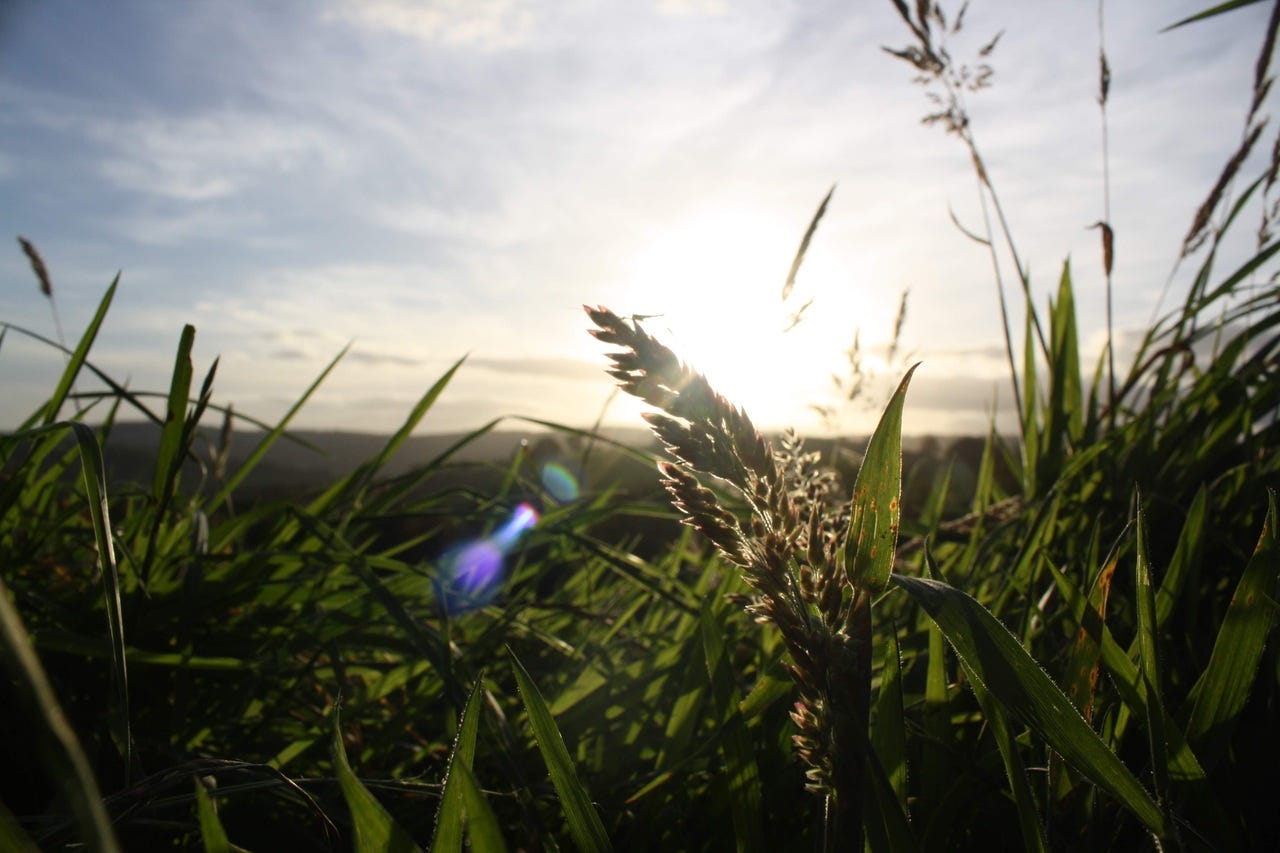
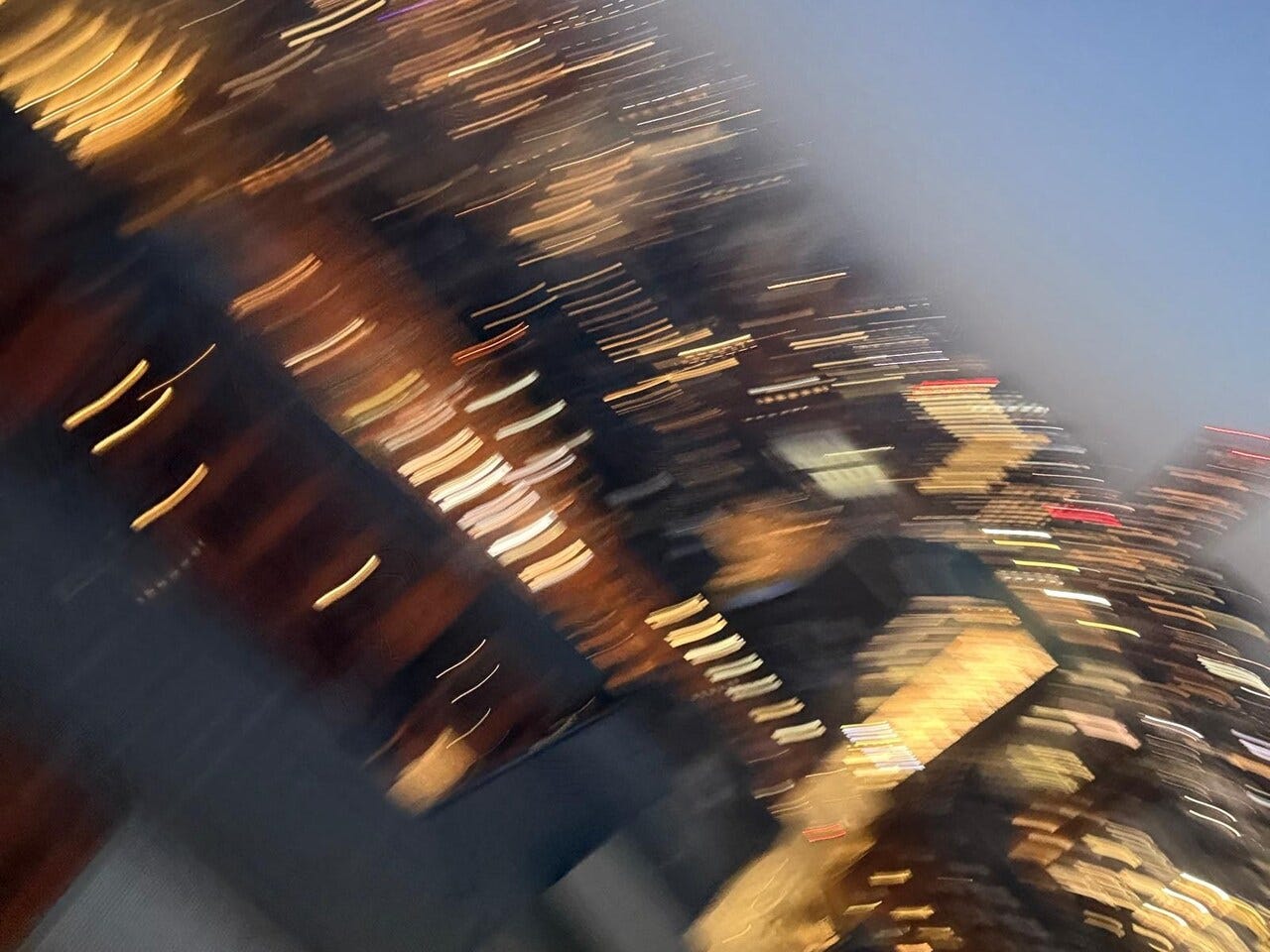
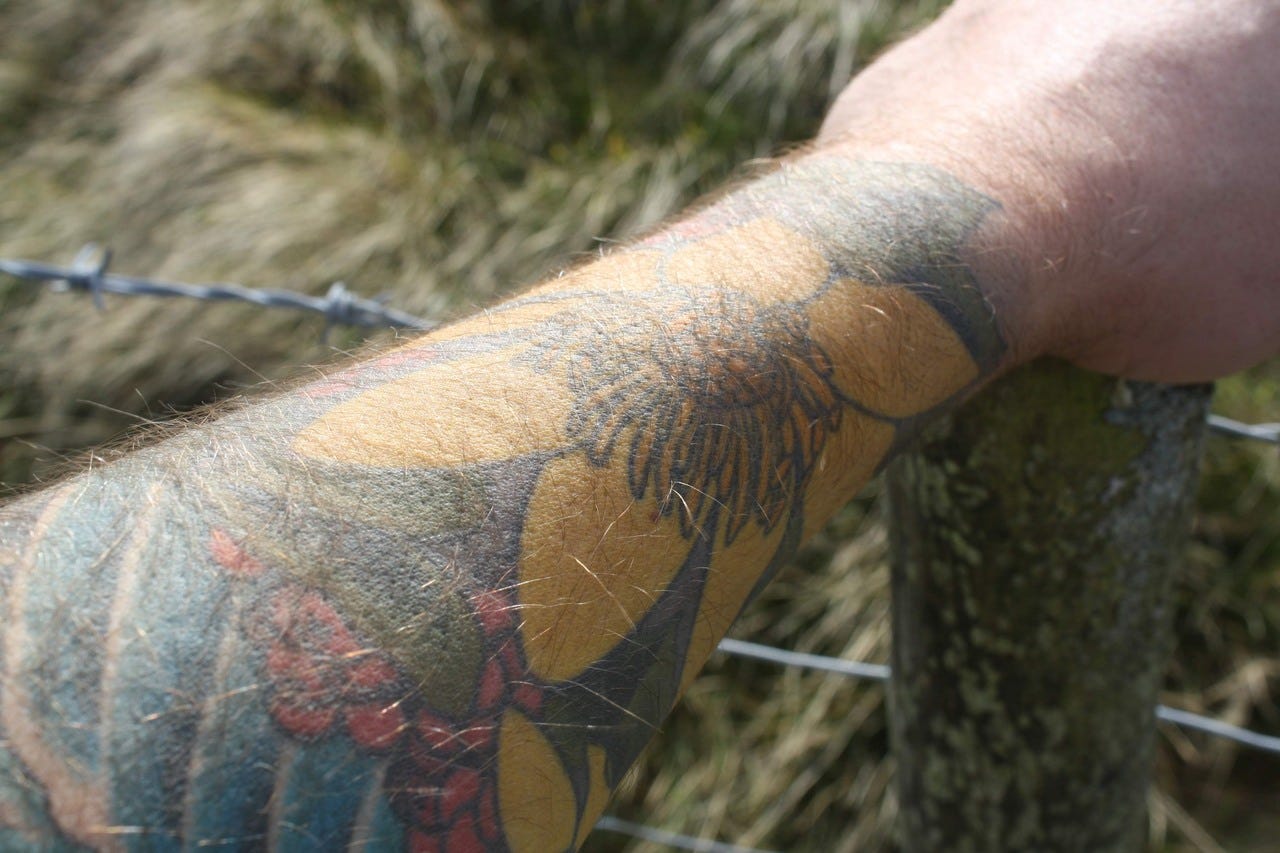
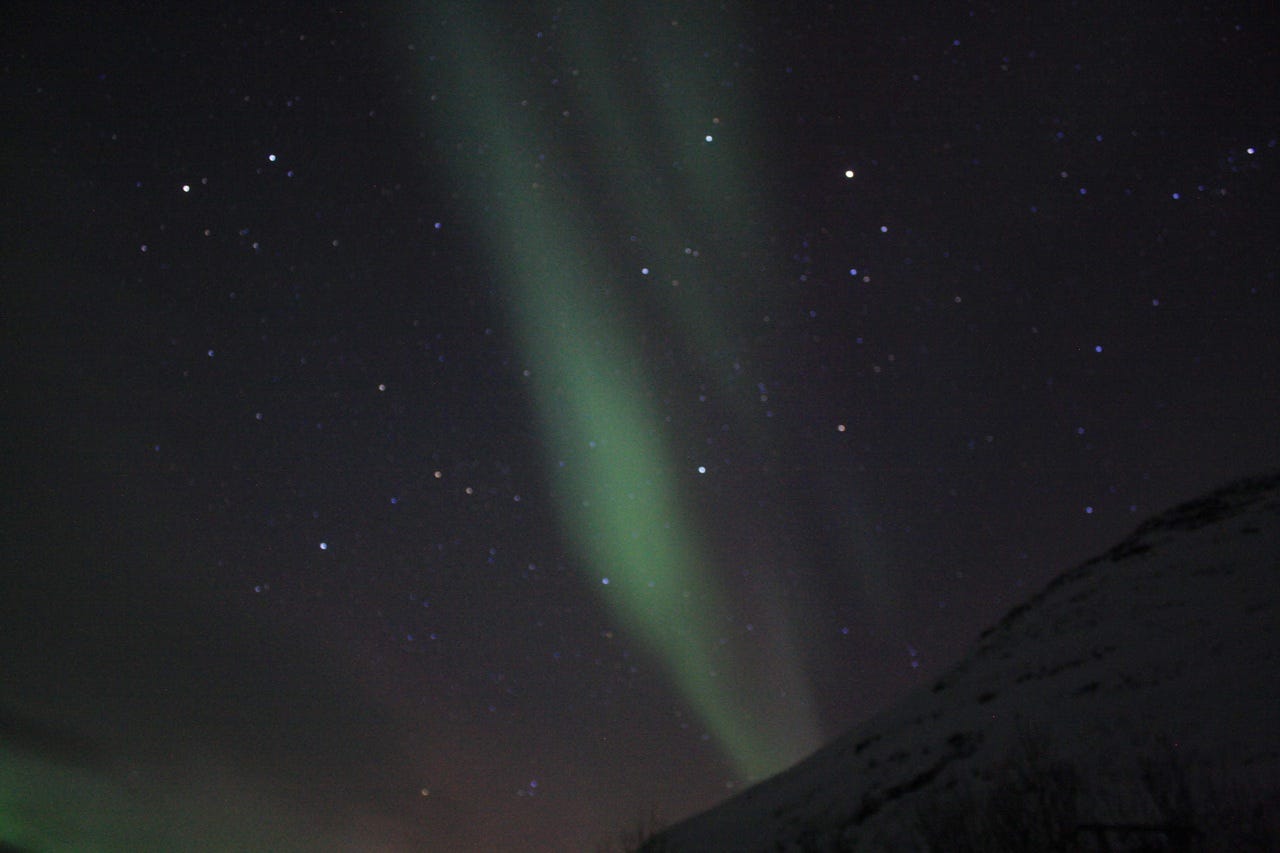

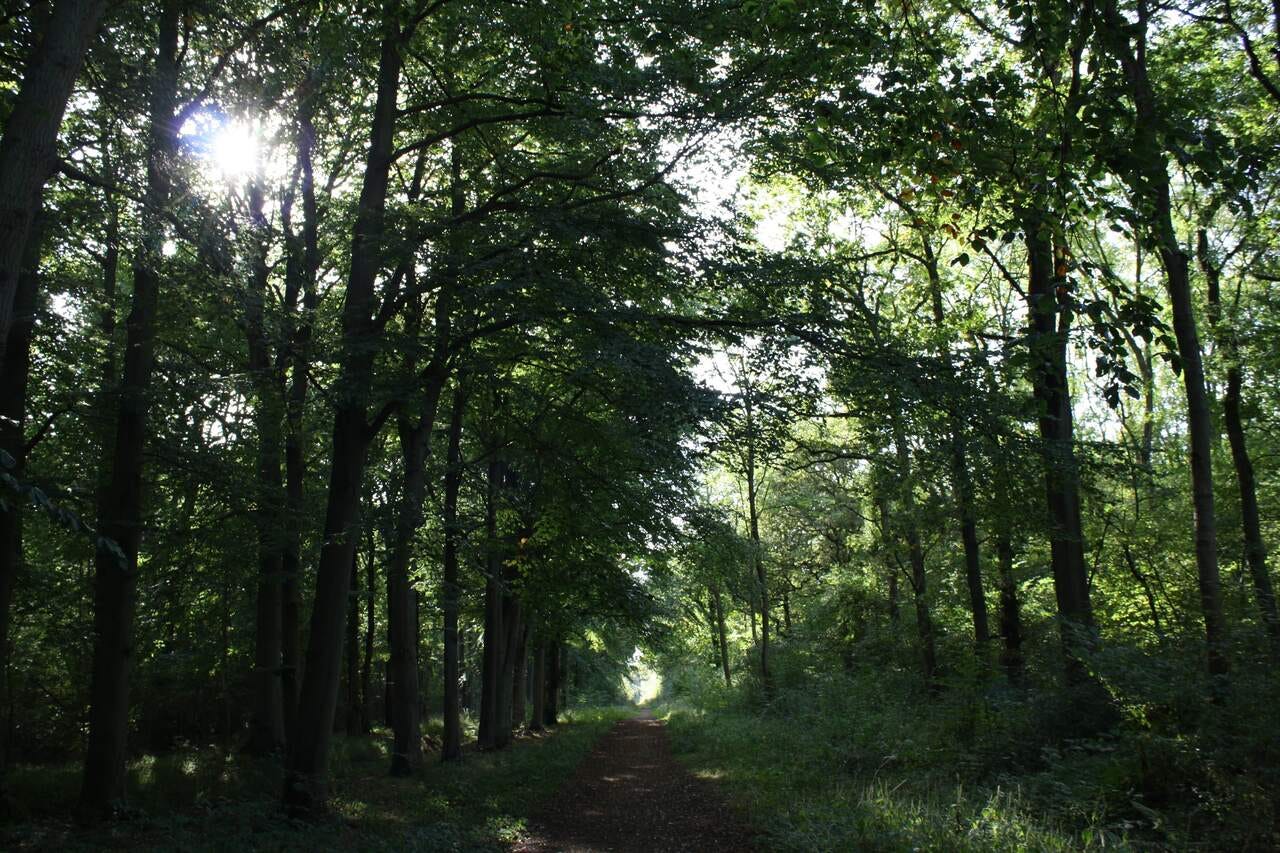
Another Substacker I follow (Filosophies) introduced me to the idea of ‘earthing’. Like grounding, I associate it with times when I need to feel supported or held by the earth like walking barefoot can do. For me, “earthing” is laying on the ground on a towel or blanket where I can feel in contact with the earth on every part of my body. I treat it like a deep dive into grounding.
Thoughtful with some useful tips for grounding. I will try barefoot walking - it sounds like something enjoyable & effective